Thinking (de-)coherence: the role of hypertext in information culture education
How might a university-level course intended to produce digitally literate graduates approach the teaching of digital culture? One important issue in such courses could be familiarising students with the notion that all information is constructed. A study of the semantic potential of hypertext, taken in context with the reader's personal expectations (and particularly their "presumption of information"), may lead to the emergence of a reflexive attitude among students. The complexity of the relationship between the source text and the text it links to raises the necessity of thinking about the (de-)coherence of the information society. The article draws on various theoretical approaches to discuss these hypotheses, which have been tested in a teaching experiment at the University Paris 8.
Read
Read
